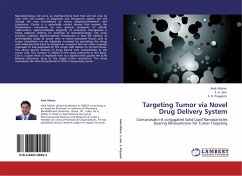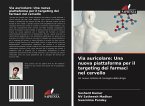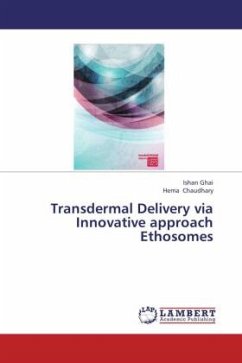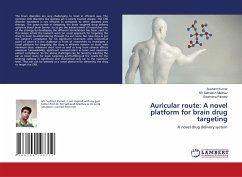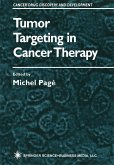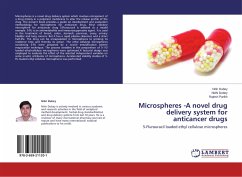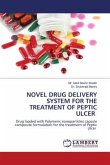Nanotechnology will serve as multifunctional tools that will not only be used with any number of diagnostic and therapeutic agents, but will change the very foundations of cancer diagnosis,treatment, and prevention. Cancer is a genetically rooted disease that involves the simultaneous occurrence of two general categories of cellular malfunctions. Ligand-mediated targeting of anticancer therapeutics is being explored utilizing he potential of Nanotechnology. The basic principle underlies ligand-targeted therapeutics is that the delivery of antineoplastic drugs to cancer cells- or cancer-associated tissues such as tumor vasculature can be selectively increased by associating the drugs with molecules that bind to antigens or receptors that are either uniquely expressed or over-expressed on the target cells relative to normal tissues. This allows specific delivery of drugs bound with nanoparticles to the cancer cells. This concept is utilized in the study presented in this book. Con-A, a plant lectin is employed here as a ligand which guides the SLN's bearing anticancer drug to the target tumor vasculature. The study summarizes the effective potential of SLN's in suppressing tumor.
Bitte wählen Sie Ihr Anliegen aus.
Rechnungen
Retourenschein anfordern
Bestellstatus
Storno

